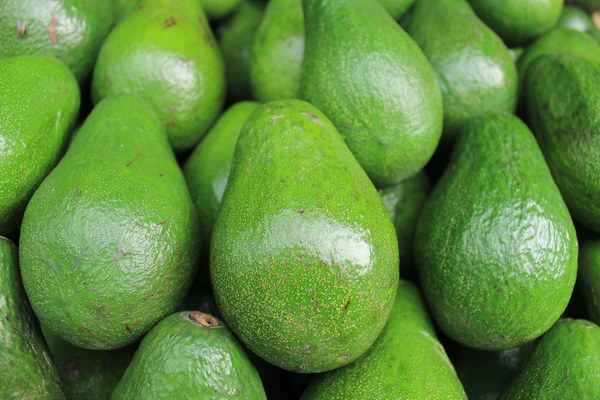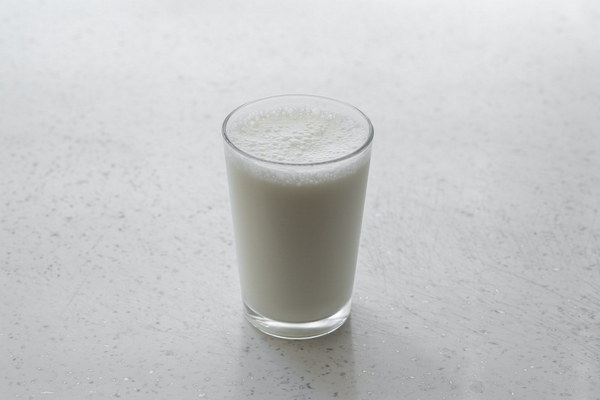The Curious Side Effect Experiencing Excessive Flatulence While Taking Chinese Herbs for Dampness Removal
In the realm of traditional Chinese medicine, the use of herbs to alleviate dampness is a common practice. Dampness, according to Chinese medicine, is an internal imbalance that can lead to a variety of health issues, from fatigue and weight gain to joint pain and digestive disorders. One of the most well-known herbs used for dampness removal is Rhizoma Atractylodis Macrocephalae, or Cang Zhu. While Cang Zhu has been widely praised for its effectiveness, it's not uncommon for those who take it to experience an unexpected side effect: excessive flatulence.
Flatulence, or the release of gas from the digestive tract, is a natural bodily process. However, when it becomes excessive, it can be quite uncomfortable and socially awkward. So, why does taking Cang Zhu or other dampness-relieving herbs lead to this common gastrointestinal symptom?
The answer lies in the composition of these herbs. Many Chinese herbs contain fiber, which is beneficial for digestion and overall gut health. However, in some cases, this fiber can cause the digestive system to produce more gas than usual. When this gas is released, it often comes out as flatulence.
To better understand the relationship between dampness-relieving herbs and flatulence, let's take a closer look at how Cang Zhu works. Cang Zhu is a root that has been used in Chinese medicine for centuries. It's known for its ability to drain dampness and improve digestion. The active compounds in Cang Zhu, such as atractylenolide and oleanolic acid, are believed to help break down dampness in the body.
While these compounds are effective in removing dampness, they can also affect the gut flora, which is the collection of microorganisms living in the digestive system. When the balance of gut flora is disrupted, it can lead to increased gas production. Additionally, the fiber content in Cang Zhu can contribute to this issue by fermenting in the gut and producing gas.
If you're experiencing excessive flatulence while taking dampness-relieving herbs, there are several strategies you can try to alleviate the symptoms:
1. Adjust your dosage: Consult with a qualified healthcare provider to determine if you can reduce the amount of Cang Zhu or other dampness-relieving herbs you're taking.

2. Take the herbs with meals: Consuming the herbs with food can help slow down digestion and reduce the risk of gas production.
3. Use enteric-coated capsules: Enteric-coated capsules can help protect the gut flora by preventing the herbs from being released into the digestive tract until they reach the intestines.
4. Incorporate probiotics: Probiotics are beneficial bacteria that can help restore the balance of gut flora. Consider taking a probiotic supplement or consuming probiotic-rich foods, such as yogurt or kefir.
5. Stay hydrated: Drinking plenty of water can help keep the digestive system moving and reduce the risk of constipation, which can contribute to flatulence.
6. Mind your diet: Avoid foods that are known to cause gas, such as beans, lentils, and cruciferous vegetables, while you're taking dampness-relieving herbs.
While excessive flatulence can be an uncomfortable side effect of taking dampness-relieving herbs, it's important to remember that the benefits of these herbs can outweigh the inconvenience. With proper dosage adjustments and lifestyle changes, you can enjoy the benefits of Cang Zhu and other dampness-relieving herbs without the unwanted side effect of flatulence.
In conclusion, the occurrence of excessive flatulence while taking dampness-relieving herbs like Cang Zhu is a common side effect due to the herb's fiber content and potential impact on gut flora. By implementing the strategies mentioned above, you can minimize this inconvenience and still reap the health benefits of these traditional Chinese remedies. As always, it's essential to consult with a healthcare provider before making any significant changes to your medication or diet.









